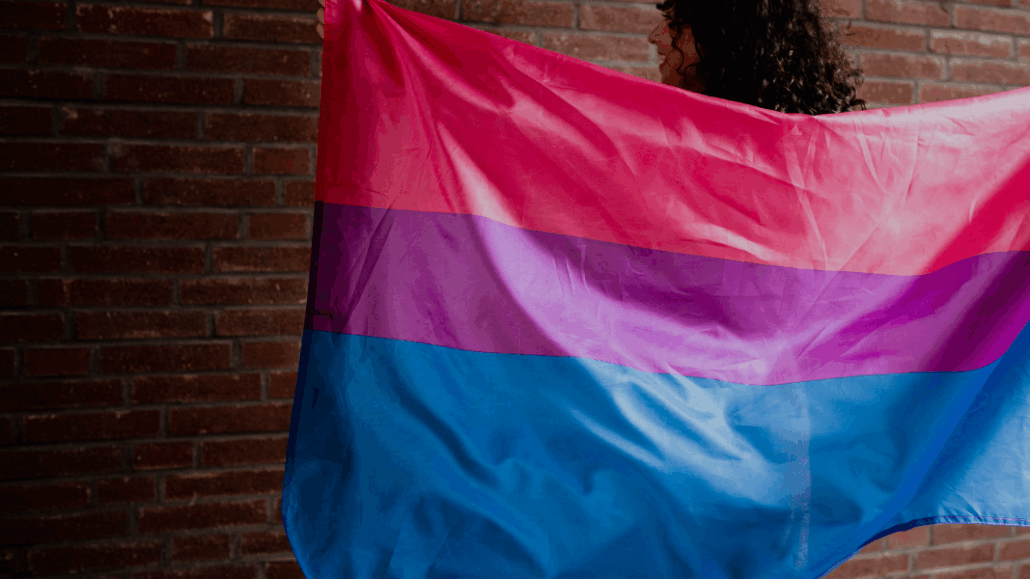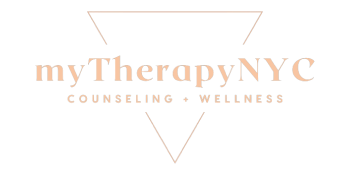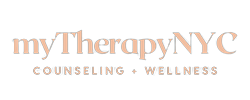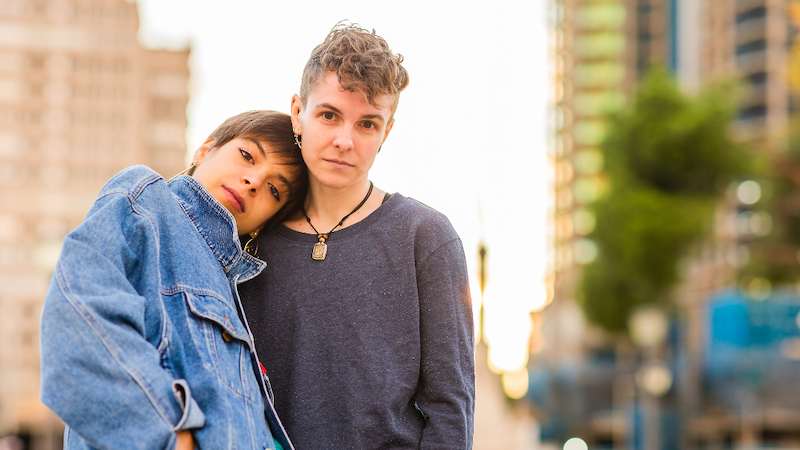Bisexual people make up the largest proportion of LGBTQ+ Americans. According to the Pew Research Center, forty percent of LGBTQ people surveyed said they were bisexual. Despite being the biggest demographic within the LGBTQ+ population, bi people continue to be ignored and invalidated due to harmful stereotypes that have been perpetuated for way too long. This blog will debunk common myths and misconceptions about bisexuality.
Misconceptions About Bisexuality
Myth 1: You can’t identify as bisexual if you’ve never been in a same-sex relationship
Many people know they’re bisexual before they are ever in a relationship. It isn’t necessary to have a romantic experience with more than one gender before identifying as bisexual. While bisexual people who are in hetero-presenting relationships have the privilege of “passing,” feeling like we have to hide a part of our identity is a painful experience for anyone, no matter how we identify. Also, when a bi person gets married, their orientation does not change.
Myth 2: Men can’t be bisexual
Due to lack of visibility, there is a stereotype that bisexual men are actually gay but too afraid to “fully” come out. While this may be the case in some instances when gay men are exploring their sexuality for the first time, bisexual men do exist. They’re just less likely to openly identify as bi due to the lack of acceptance from both heterosexuals and other LGBTQ+ folks. Bi-erasure, the tendency to treat bisexuals as though they don’t exist, is the reason why bi men are so underrepresented.
Myth 3: Bi people are more likely to cheat on their partners
This is probably the most common misconception about bisexuality that has been pushed for decades. Bisexuality doesn’t immediately answer the question of “who will this person be attracted to,” which may frustrate people used to making assumptions based on sexual orientation. This damaging myth may intersect with the alarmingly high rate that bi folks experience intimate partner violence. Making assumptions about a person’s moral character based on their sexuality perpetuates harmful messages that contribute to discrimination, abuse, and poor mental health outcomes.
Myth 4: Bi people don’t experience any stigma, prejudice, or hardship because they can “pass” as straight.
Bisexual folks struggle to be visible in both the straight and gay communities. They often encounter both the discrimination that gay men and lesbians face in addition to discrimination rooted in biphobia. Bisexual people experience depression, anxiety, suicide and other serious mental health problems at an unusually high rate. Bisexual stigma among health care providers and society may be a contributing factor.
Myth 5: Bi people are anti-trans
Many bisexual people are strong allies to the trans community, seeing commonalities between the fluidity of sexual orientation and the fluidity of gender. Many bisexual people identify as trans, and many date trans folks. The word “bisexual” refers to people who are not mono-sexual. Some may choose to identify as pansexual, but how someone identifies is their own personal choice.

How to Stop Perpetuating These Myths
- Identify our own biases and misconceptions about bisexuality and work to push back against them. Therapy can be a useful environment to explore these with curiosity and intention.
- Be conscious about using bi-inclusive language in conversations with others and prevent the spread of bisexual stigma.
- Don’t assume that you know someone’s sexual orientation because you know their relationship status.
- Practice cultural humility – don’t rely on bi folks to teach you everything. Do your own research! Continue to learn more about bisexuality, the LGBTQ+ community, and other communities that you may not fully understand. Understanding is the key to fighting stigma and creating a more compassionate, inclusive society.
Are you interested in exploring your bisexuality in therapy? Reach out to myTherapyNYC to find out which of our therapists would be a good fit for you!
What other misconceptions about bisexuality have you heard?
Join the conversation in the comments below!
- 5 Common Misconceptions About Bisexuality - October 30, 2025
- Healthy Eating Starts Here: How to Build a Positive Relationship With Food [Video] - July 17, 2025
- How to Safely Leave an Abusive Relationship - June 5, 2025



